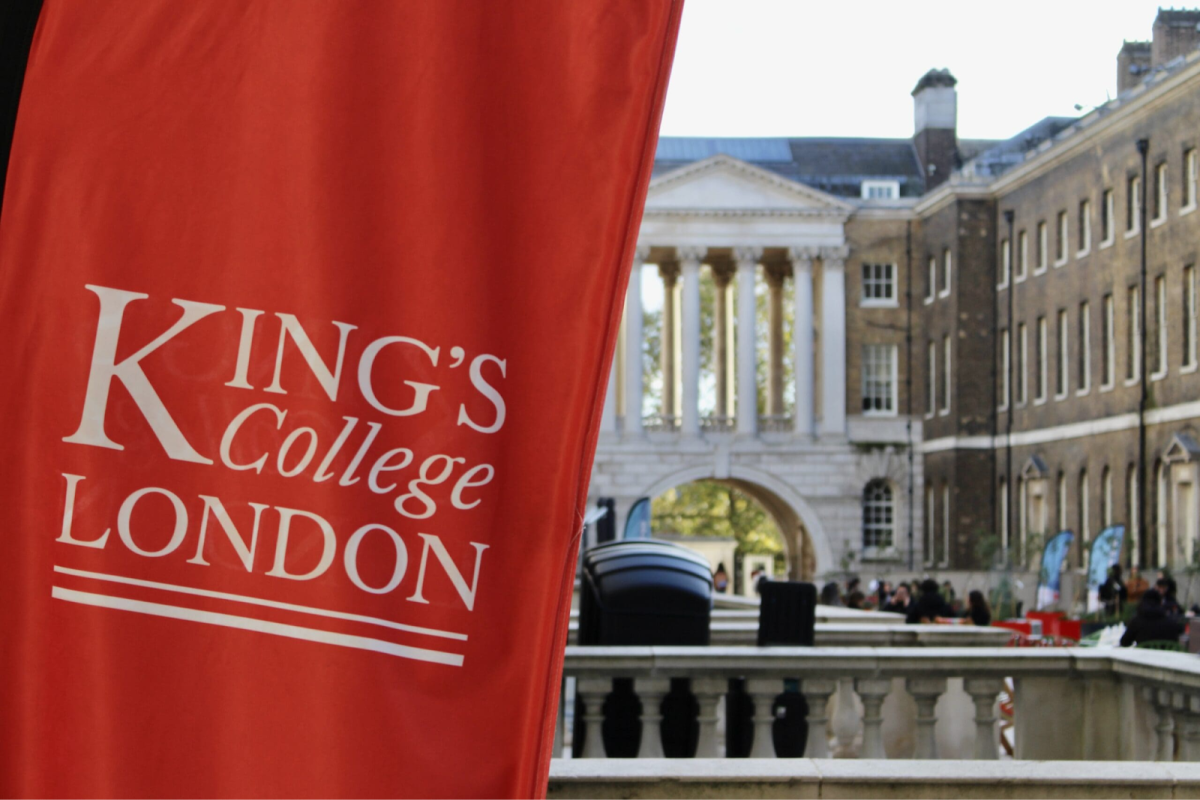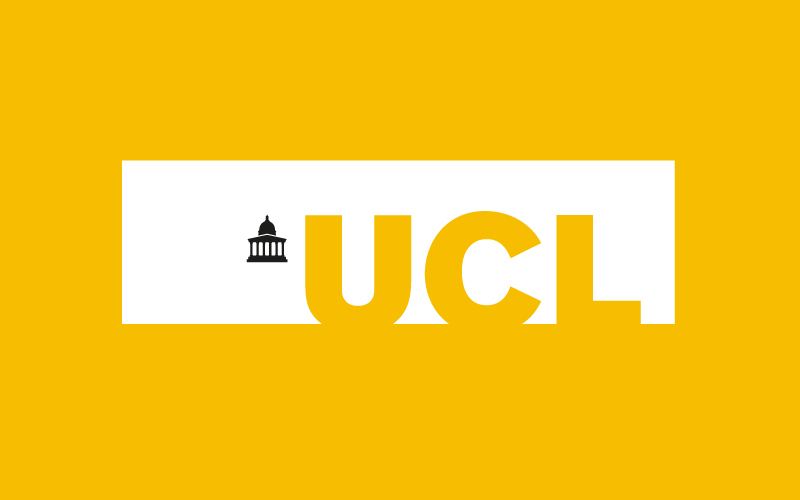The New Tunisian Constitution – an example for all
On January 27th the Tunisian National Constituent Assembly approved the new constitution.This was a result of the extraordinary role all political forces in the post- dictatorship period have played for more than three years since the Jasmine Revolution. This was one of the main movements of hope and renewal of society in North Africa also know as the Arab Spring.
The main aspect of this new Constitution, which agencies and the press have pointed out, was the approval of Articles 20 and 45: the former establishes the equality of rights between men and women and the latter binds the government to enact laws that protect the rights of women and ensure equal opportunities between the sexes.
For an Arab country of the Muslim faith this can only appear as an event of historical significance. It is therefore useful to investigate the news to understand if we are actually facing one of those episodes that can really have a profound effect on the course of our lives.
First I looked for news on the BBC News website for Africa. Here I found a short but interesting interview with Lobna Jeribi, one of the leading members of the Ettakattol party, expressing her great satisfaction with the results achieved and confessing that these were never expected when the Constituent Assembly formed in 2011. We must not forget that the current Tunisian government is still led by Islamist politicians, although coalition forces are present such as the secular party Ettakattol.
One aspect that deserves to be emphasised, and that is clear from the BBC’s article, is the crucial role played by women in the Constituent Assembly. Young ,determined , with an international education, they have contributed decisively to the drafting of the new Constitution. Lobna Jeribi best represents this new generation of women who has chosen to commit themselves to their own country. A trained computer engineer, having studied first in Lyon and then in San Diego, California, she taught at the Sorbonne University in Paris and at the School of Engineering, Tunis before choosing to join the Ettakatol party contributing to the birth of a new Tunisia after decades of dictatorship.
I then looked on the Al Jazeera America website, the English language version of the channel started in Qatar, which has become an important factor in international independent information. It was shown that the new constitution is not only one of the most innovative of the Arab world, it is a result of a long debate that lasted more than two years with the participation of all political forces of the country (Islamist ,Liberal and Leftist), who were able to find representation in the Constituent Assembly.
The comparison with what happened in Egypt is rather stark: in the same period this country has written two Constitutions (with very little debate and public involvement), and military force has been used against an elected government .
I found the analysis on the blog ThinkProgress U.S. very interesting where it is shown that the elements of absolute novelty and progress of the new Tunisian constitution are not limited to the recognition of women’s rights . The new Tunisian Constitution in fact takes a position on climate change and pollution. The Tunisian National Constituent Assembly declared that the State must provide what is necessary for the preservation of the environment and the rational use of water. The State is in charge of public health, ensuring everyone, and especially those who have no ability to pay, have free health care. Worker’s have been protected by ensuring the right to create unions and to strike. It is interesting to note that some of these rules are more advanced than those found in the constitutions of many western nations including that of the United States .
On Khilafah.com, (one of the most prominent voices of orthodox and fundamentalist Muslims on the web) has severely criticized and rejected the new Tunisian Constitution blaming it as a source of family breakdown due to the principle of equality of rights and duties between men and women. The interesting aspect of this article is that they cited and commented on all the sources from the Qur’an in which Allah is opposed to this equality. For the Muslim, the woman’s role is very important, and carried out in full autonomy, but only within the home and the raising of children. It is only men who can and should take care of the livelihood of the family, and therefore they are allowed social relevance and visibility whereas women, should find their fulfillment within domestic life, in their roles as wife and mother.
My knowledge of the courage of women like Lobna Jeribi and their importance in the process of the renewal of Arab society is now much clearer. It will only be due to people like them if other countries of the Muslim faith can find the strength to change their constitutions too.
This article also appears in Italian at: http://www.sdfamnesty.org/la-nuova-costituzione-tunisina-un-esempio-per-tutti/































